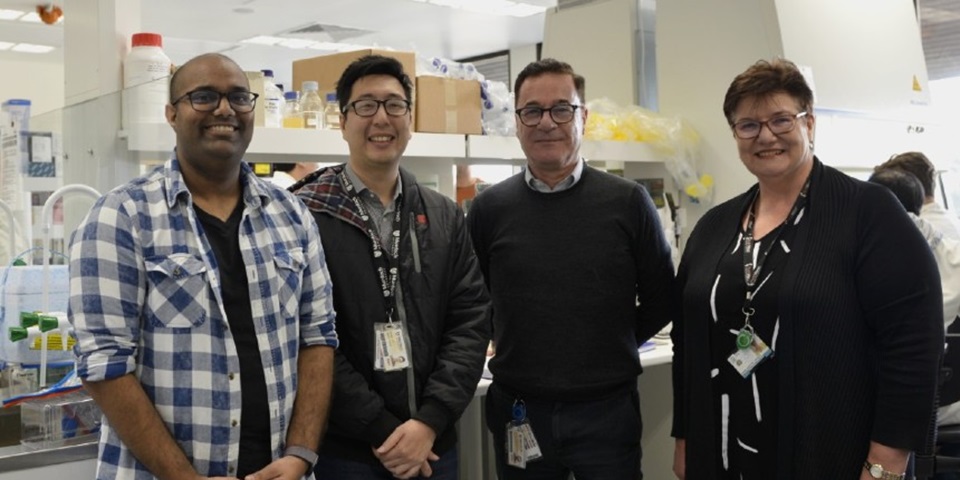News
Drug study will use synthetic cannabidiol to fight antimicrobial resistance

A clinical study in Western Australia will test the effects of a new nasal medication containing synthetic cannabidiol to reduce the risk of post-surgical infections.
The clinical study aims to test the ability of the nasal medication to eradicate Staphylococcus aureus including methicillin-resistant S.aureus (MRSA) from the nose of individuals known to carry the bacterium in their nasal cavity without resistance developing. Nasal “carriage” of S.aureus greatly increases the risks of serious and sometimes life-threatening infections following surgery.
The topical medication, known as BTX 1801 is being developed by Botanix Pharmaceuticals.
Murdoch University’s Chair of Public Health and Chair of the Australia Group on Antimicrobial Resistance, Professor Geoffrey Coombs will be part of the team of investigators conducting the clinical study in Western Australia.
Professor Coombs said that during Botanix’s laboratory studies, synthetic cannabidiol rapidly killed MRSA bacteria within ten minutes of exposure without allowing resistance to develop.
“There is already evidence that resistance is occurring to the current standard-of-care, mupirocin (BactrobanTM),” Professor Coombs said.
“There’s no doubt that we need better infection prevention measures in surgical settings to combat the growing global development of antibiotic resistance.”
“The facilities we have in Western Australia give us the best possible chance to identify resistance pathways and patterns, so we can determine the right dosage to prevent antimicrobial resistance from happening,” Professor Coombs said.
“We are very excited about the potential of BTX 1801 and thrilled to be involved in this cutting-edge clinical study.”
The study will ultimately involve 60 volunteers but will first require a pool of at least 180 volunteers to be screened for nasal carriage of S.aureus as only 1 in 3 people carry the bacterium in their nose.
The study, while initially delayed by COVID-19, will run through to the end of October.
Further information about the study is available via the Australian New Zealand Clinical Trial Registry or botanixpharma.com.